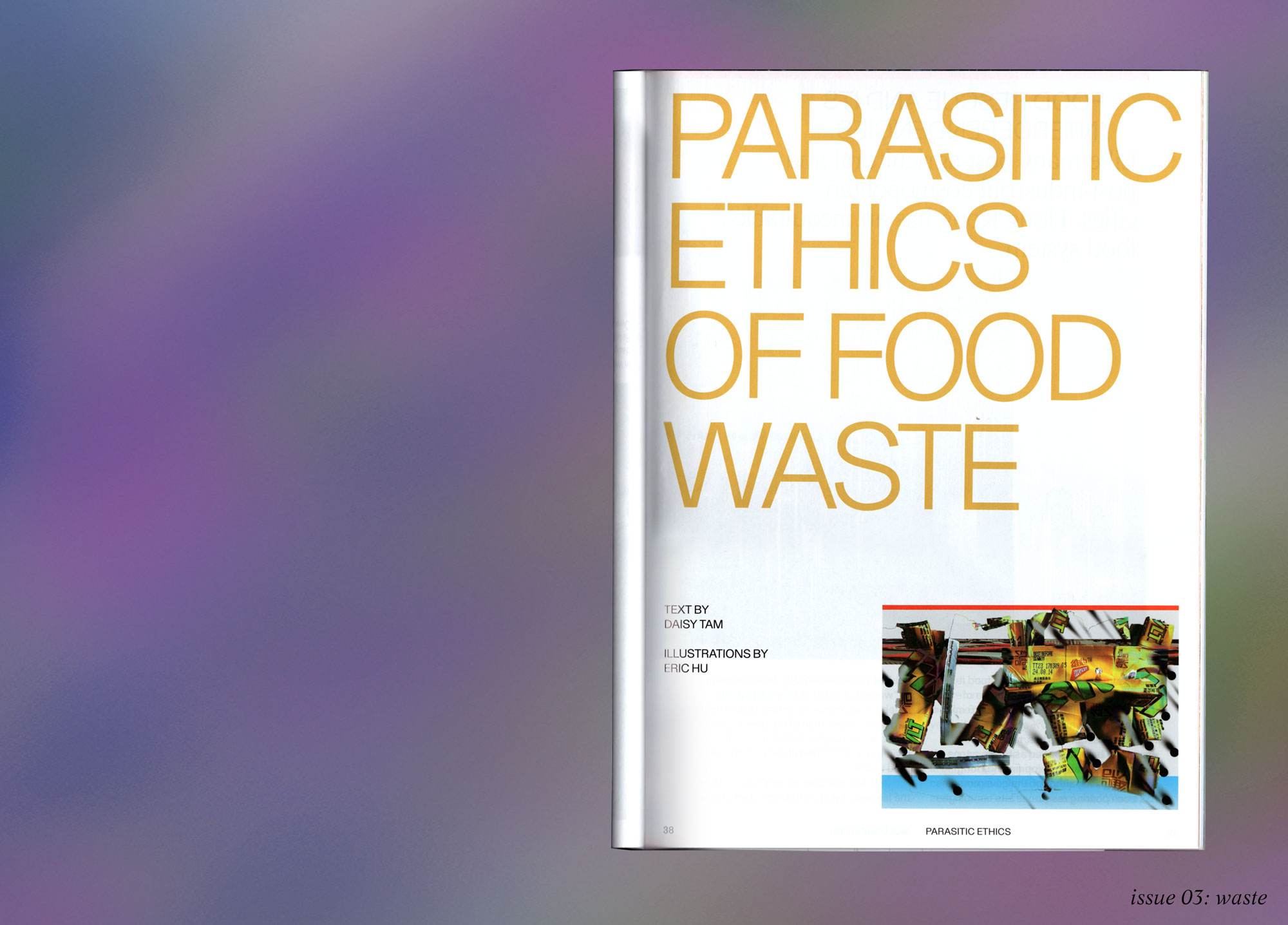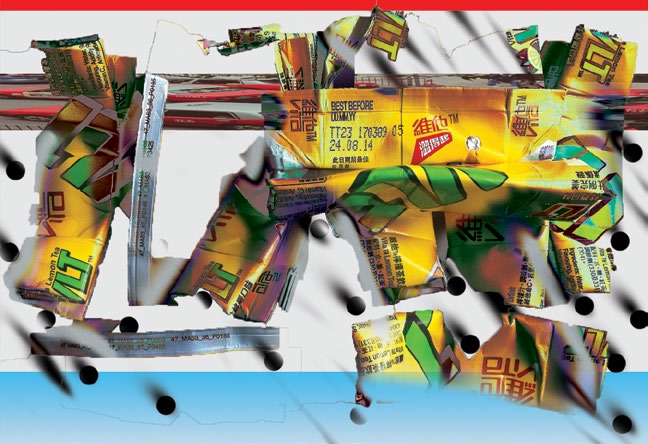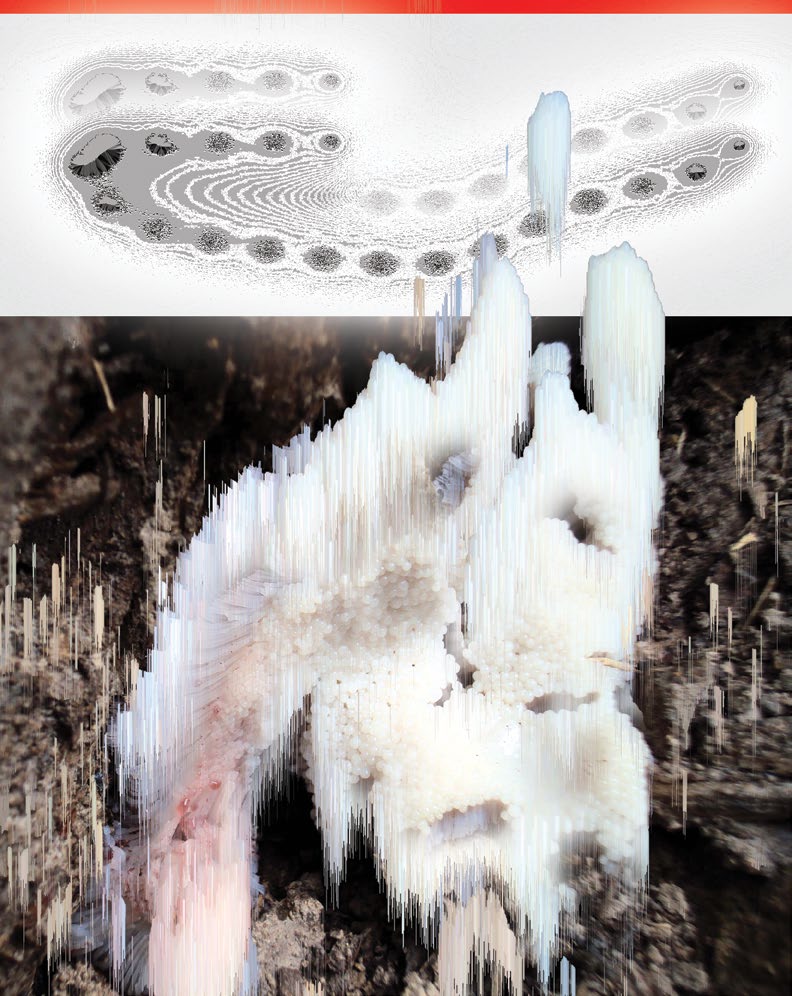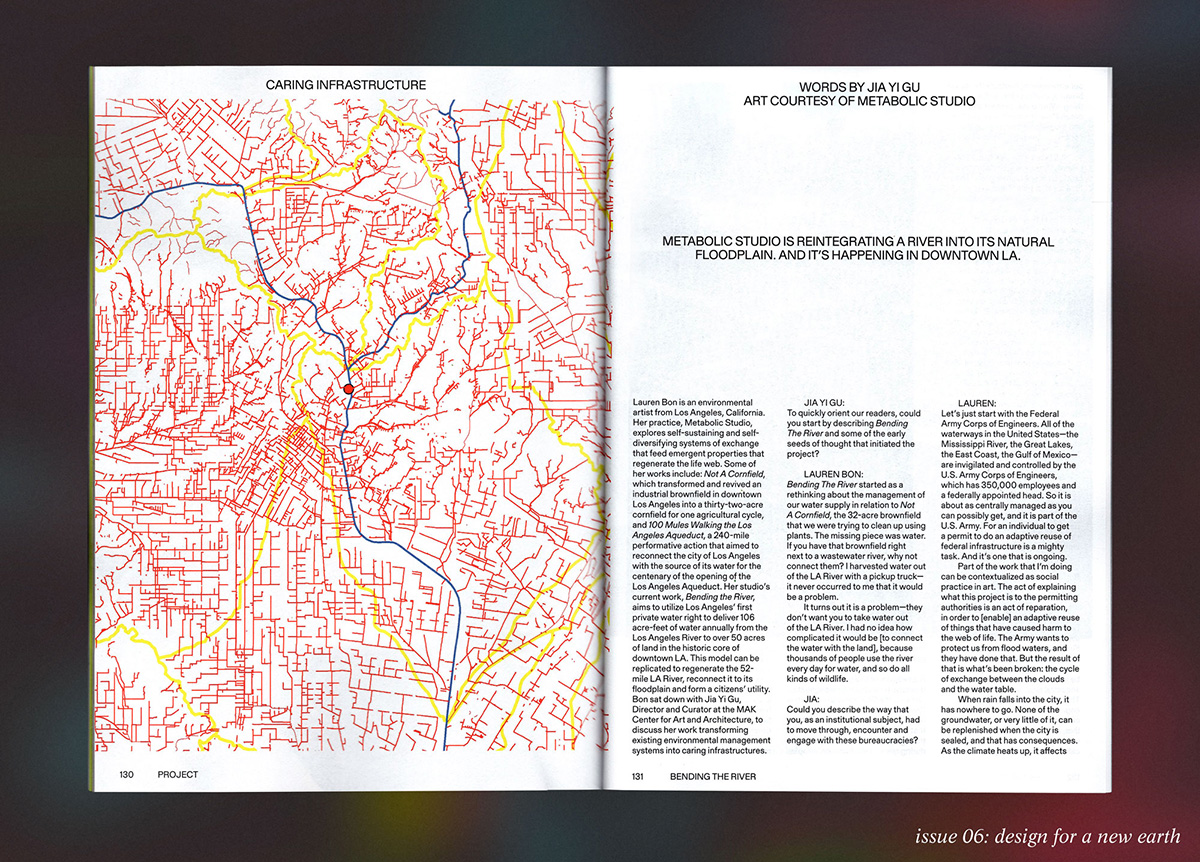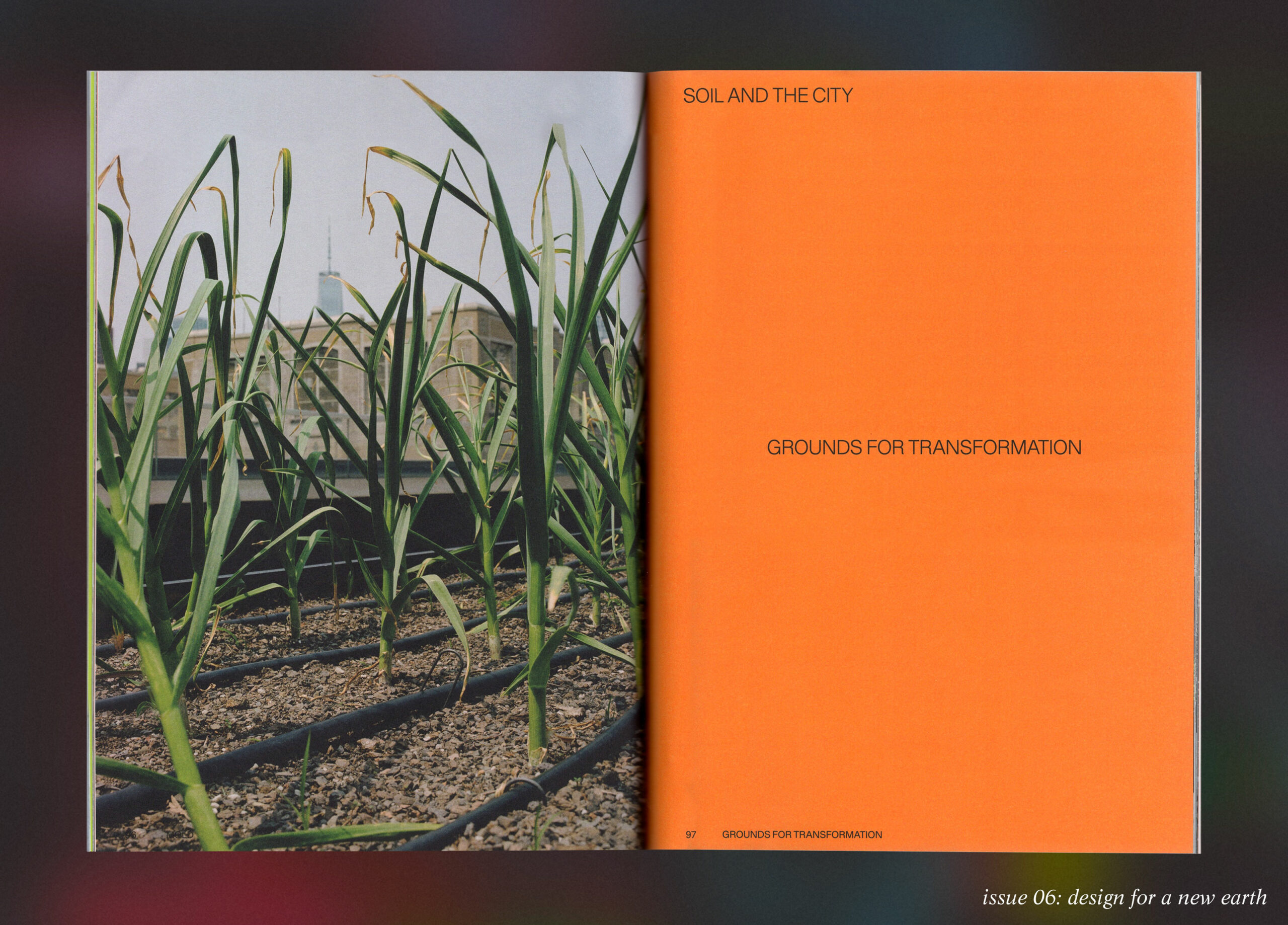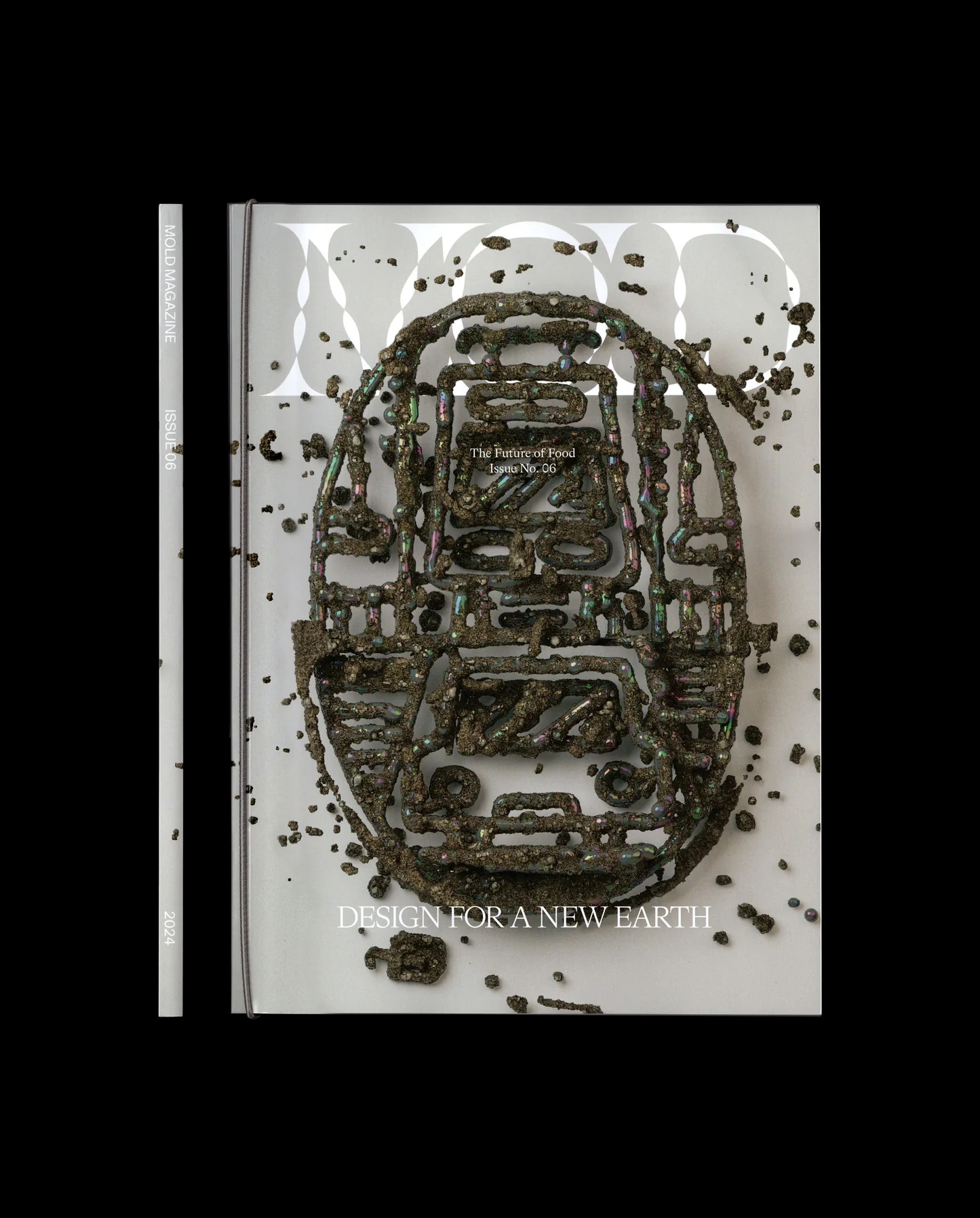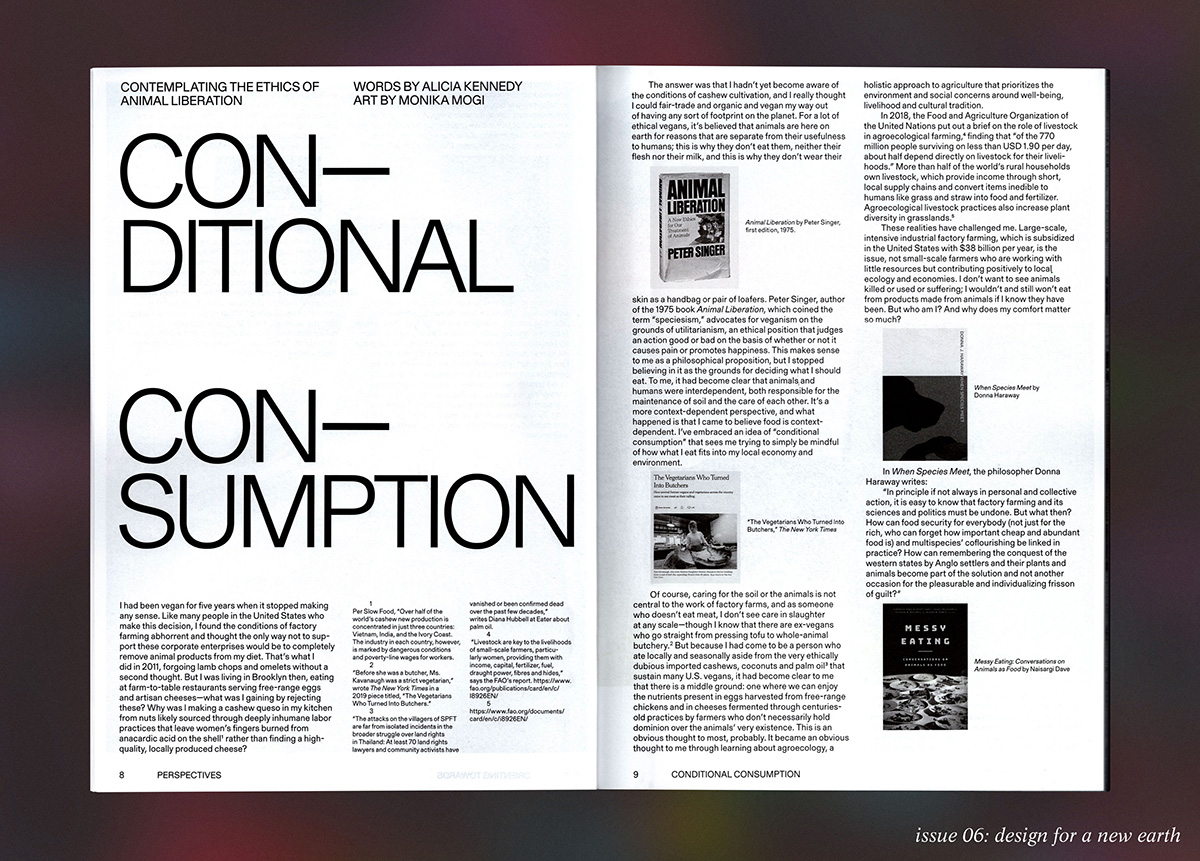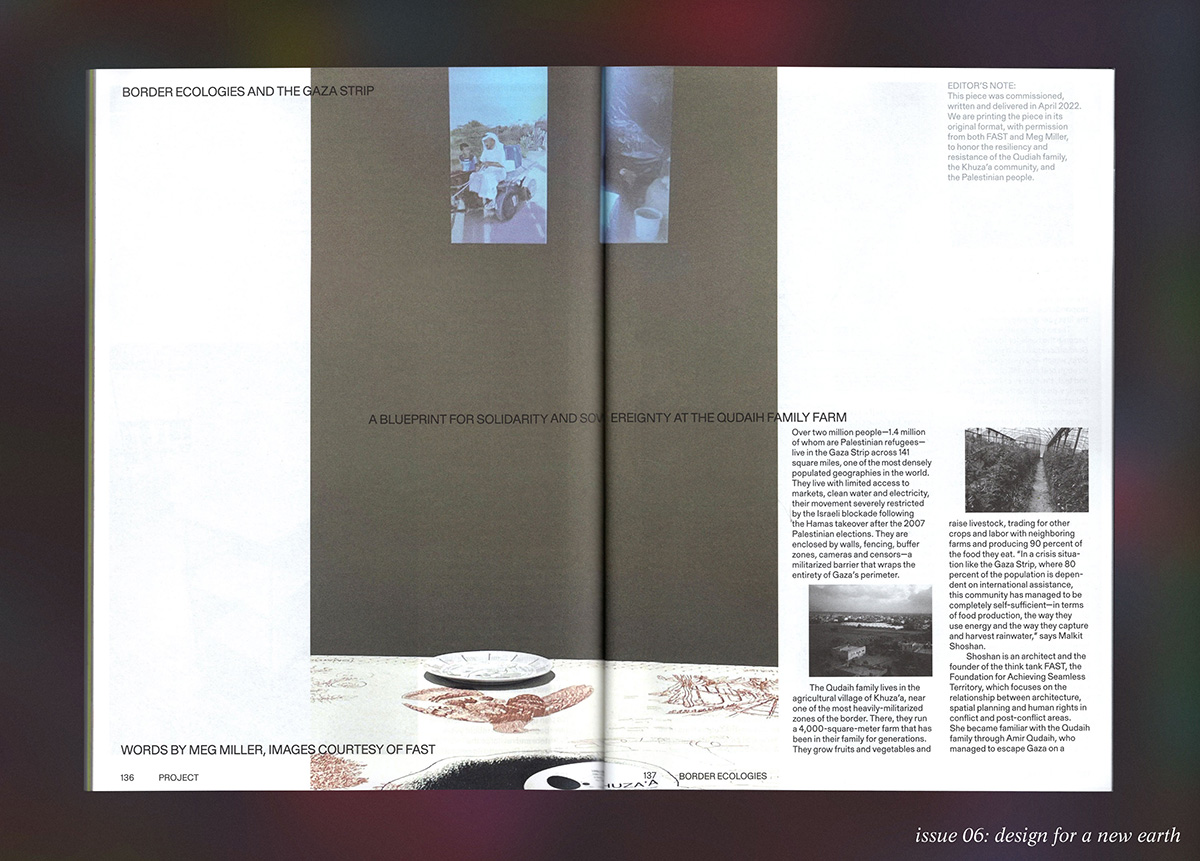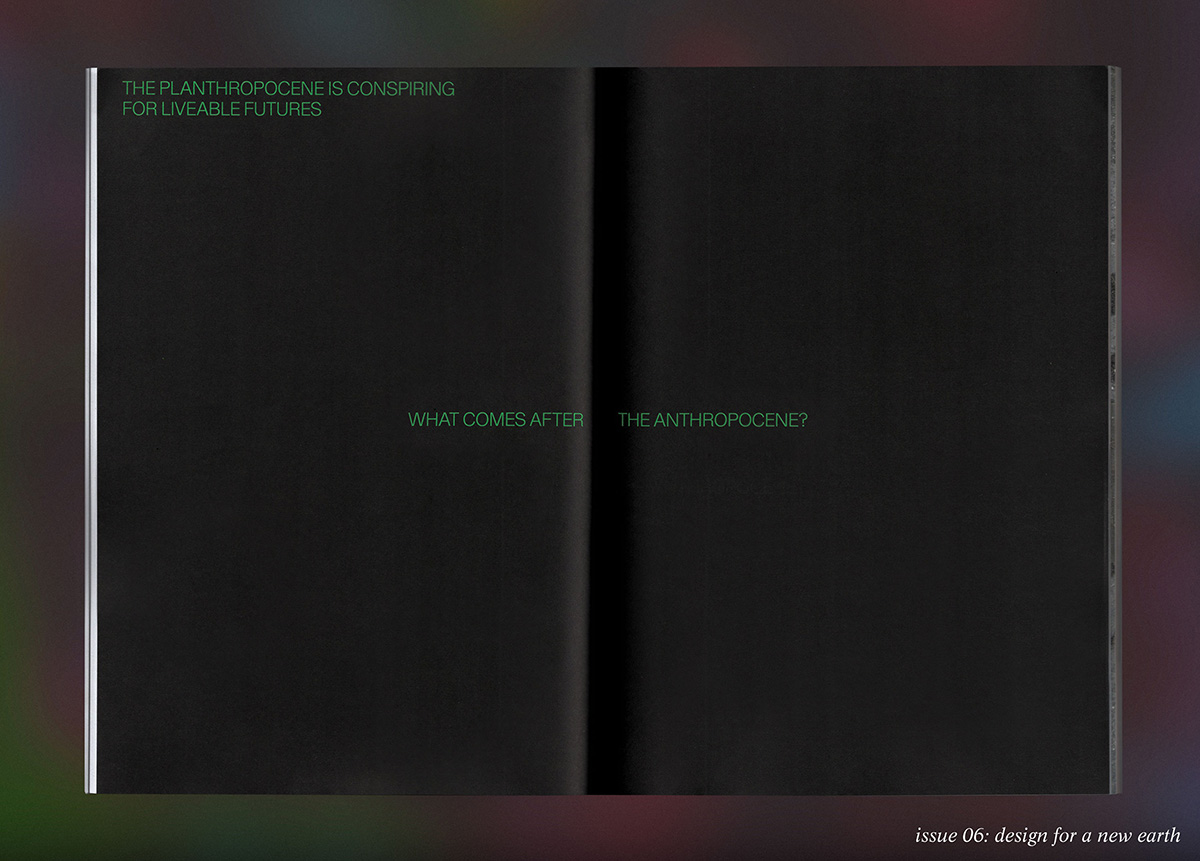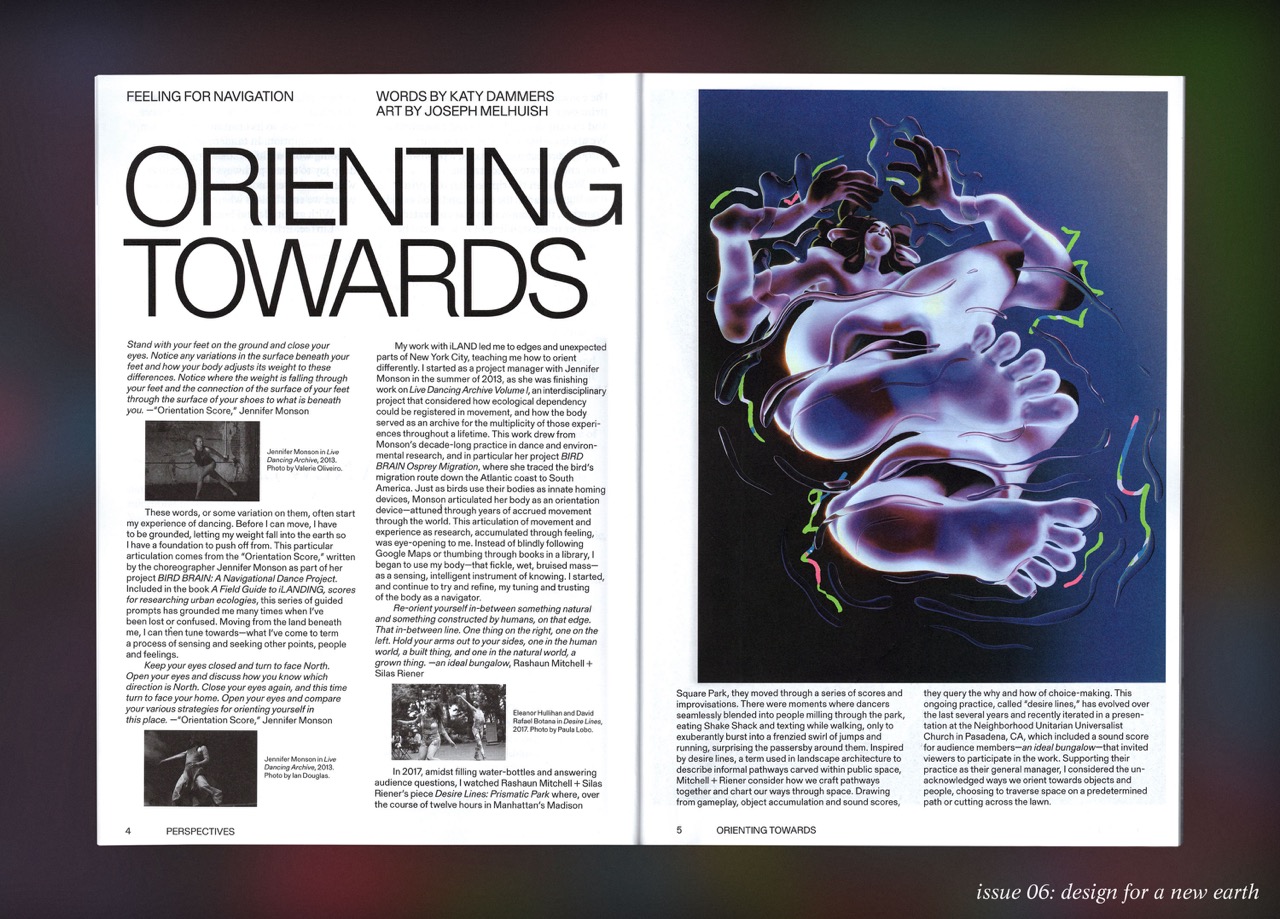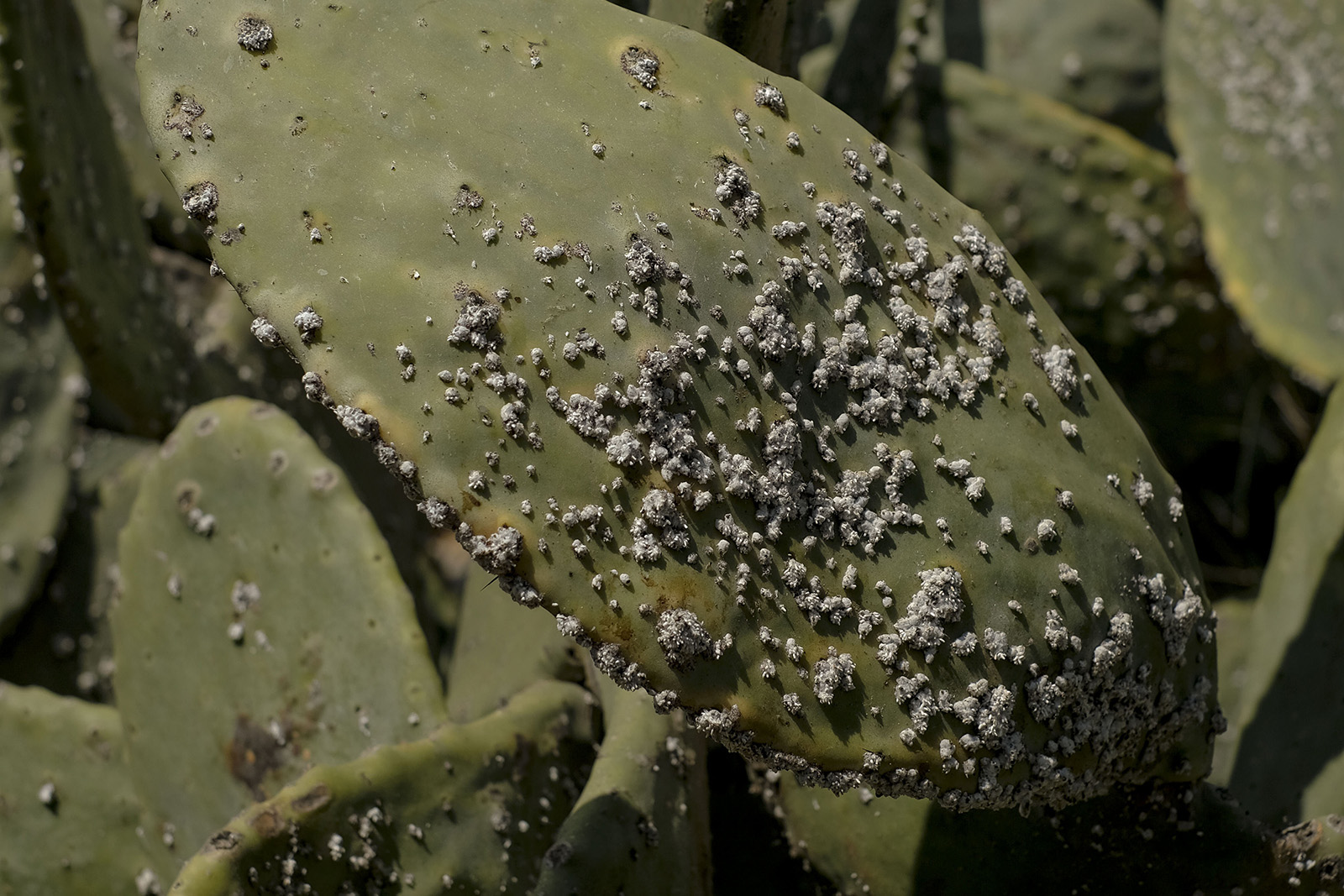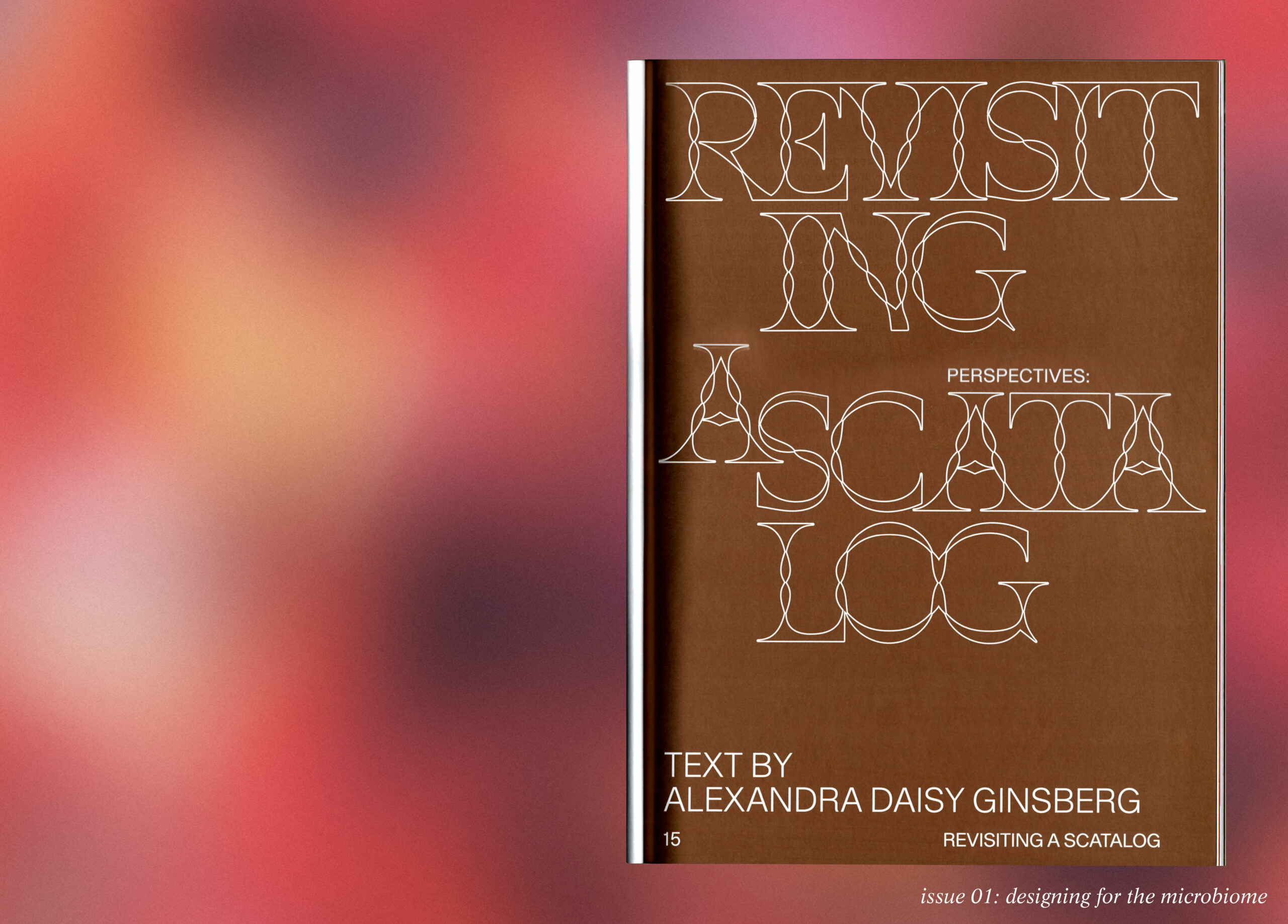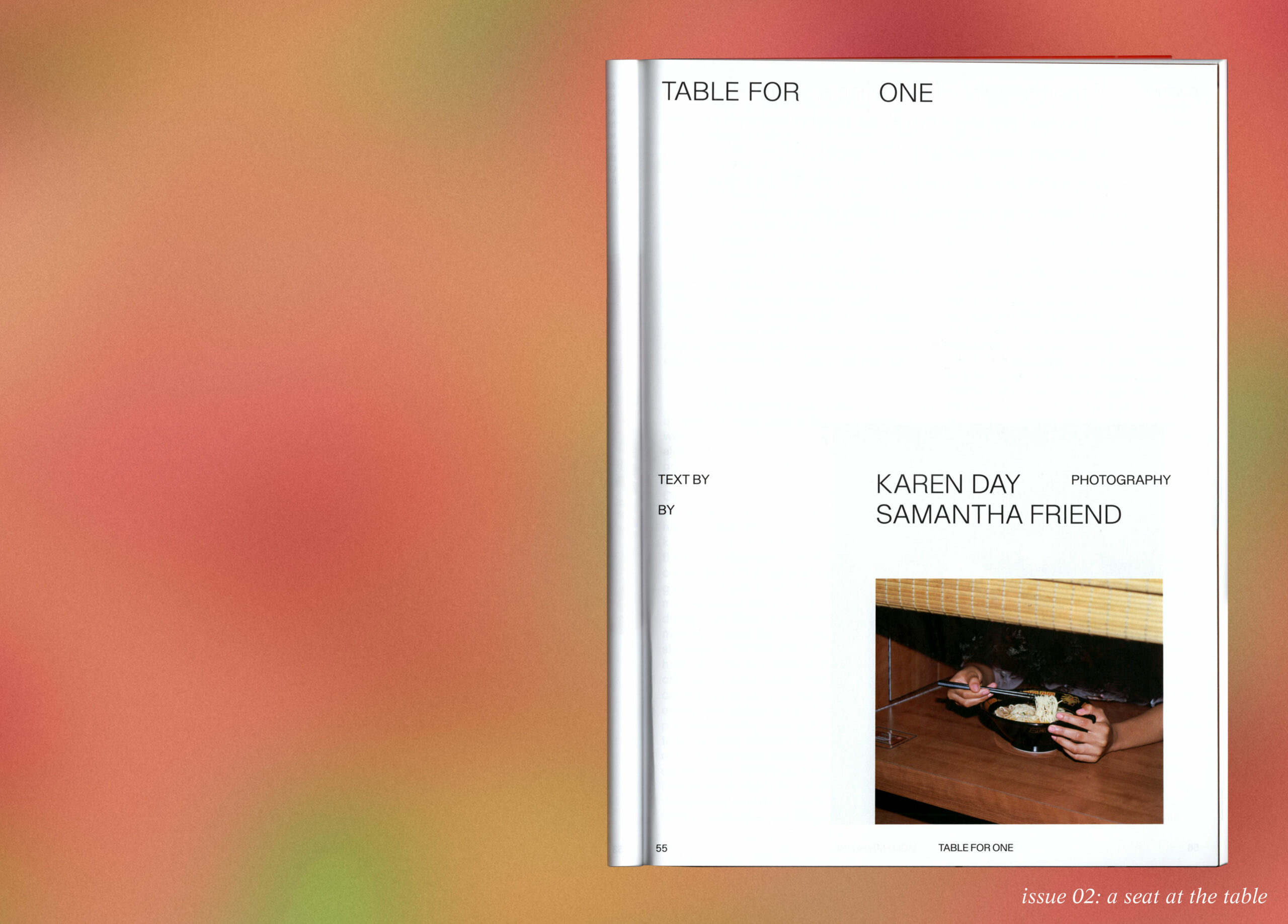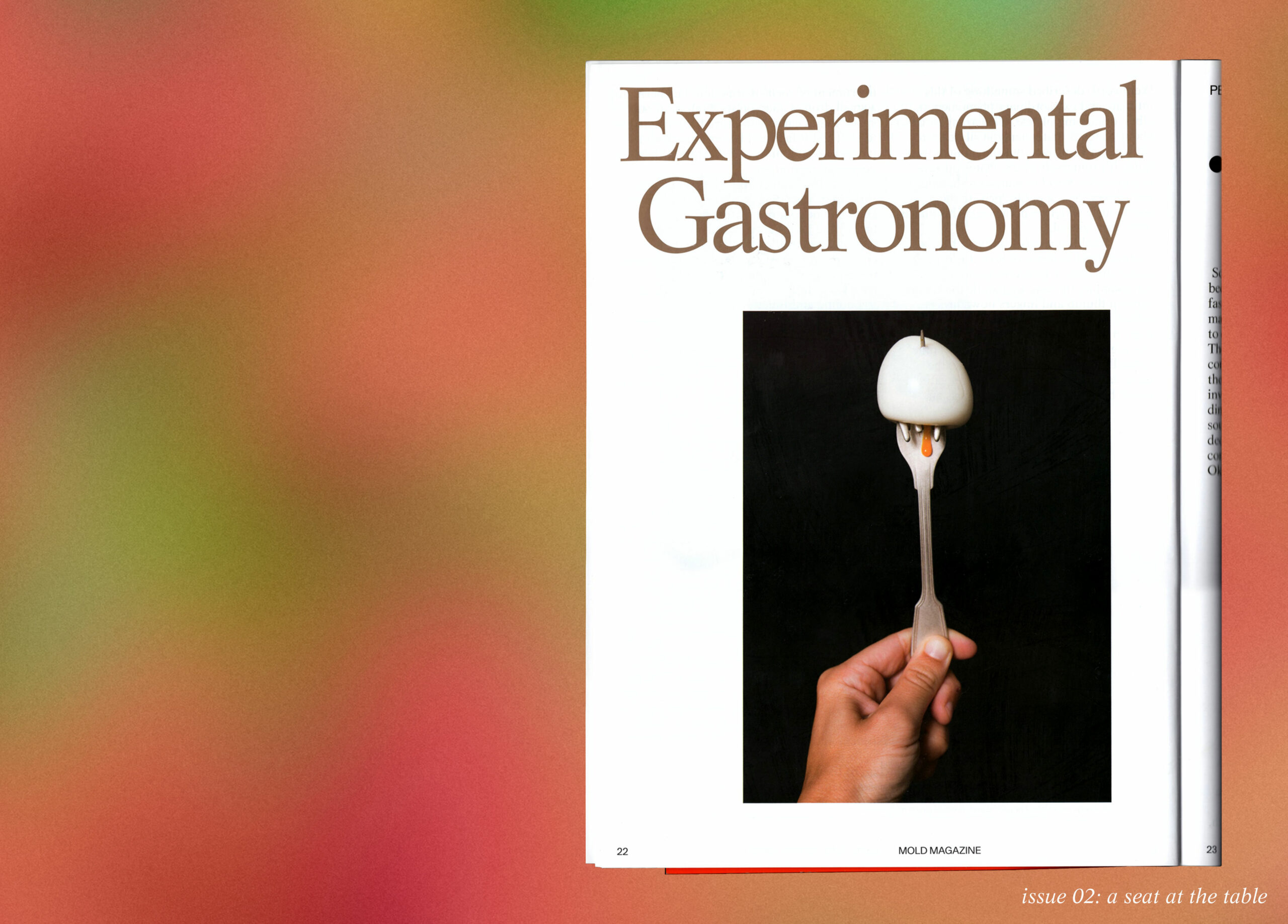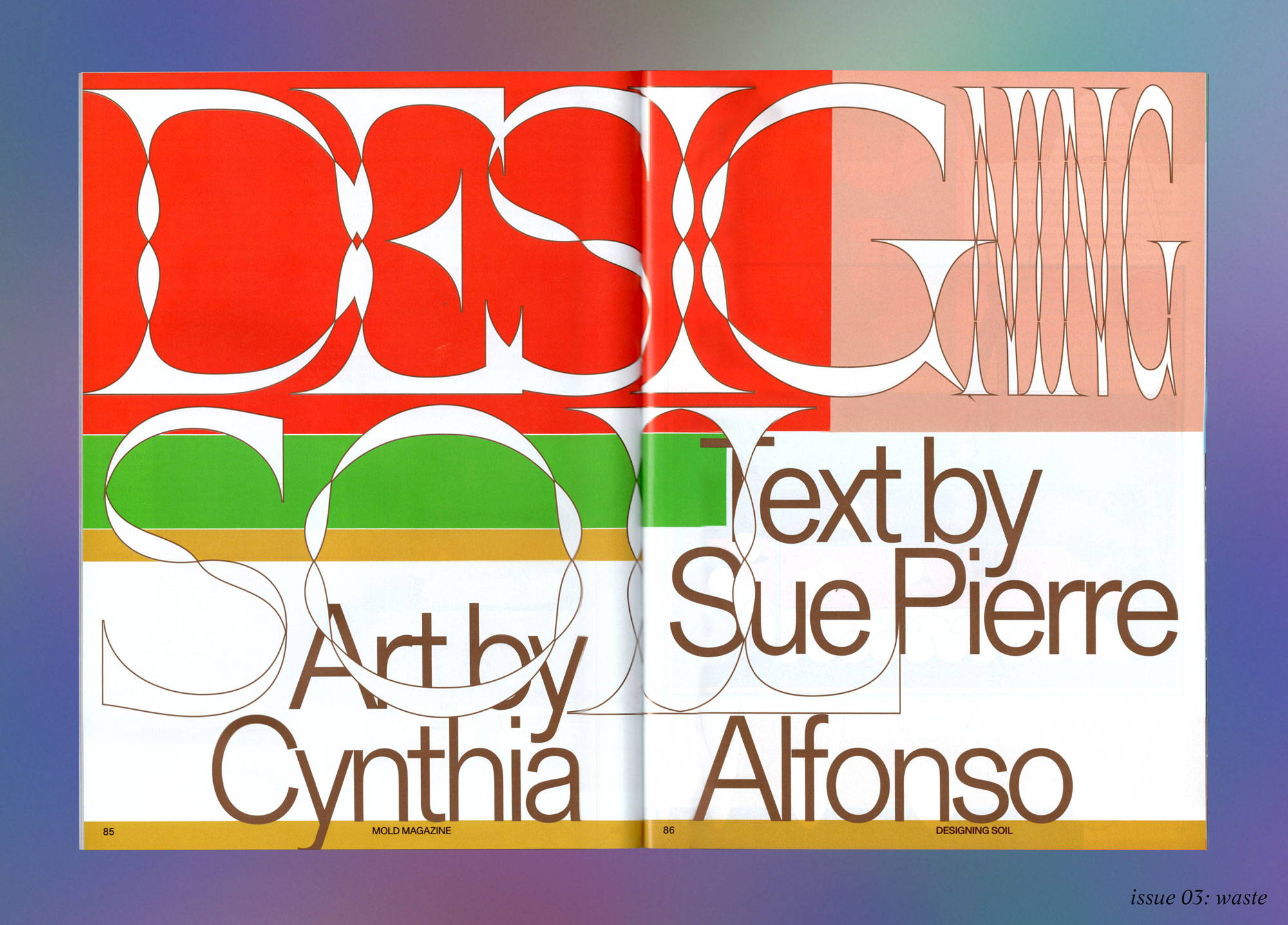From MOLD Magazine: Issue 03, Waste. Order your limited edition issue here.
Like many post-agricultural and post-industrial cosmopolitan cities, Hong Kong’s has an inequitable food system. The city imports over 90% of the food it consumes and disposes 3,600 tons of it a day into landfills, enough to feed 6 million families. Meanwhile 20% of its population face food insecurity. Thus, reducing food waste has been identified as the keystone of sustainable urban development in Hong Kong.
Words by Daisy Tam. Illustrations by Eric Hu.
However, although the government has been pouring resources into campaigns against waste since 2013, their message of “waste not, want not” is inadequate. Indeed, a seemingly mundane task turned into a vivid illustration of the deeper problem with this message and started me on my journey of thinking about how to rescue food waste.
It was just past midnight when I took the last pot of yogurt from the shelf of one of the city’s many 24-hour grocery stores. With a scan of the barcode, the cashier realized that the yogurt’s expiry date had passed and they could no longer sell it to me. Instead, I offered to take the yogurt for free to relieve the supermarket of any liability should I have suffered food poisoning. But that too, I was told, was not possible. Instead, it had to be taken to the supermarket manager, who would log the pot and return it to the manufacturer to be disposed of, undoubtedly into a landfill after yet another journey.
My yogurt mission demonstrated that the structural and systemic causes of waste in our food system is not a problem that can be solved individually by having good attitudes of “waste not, want not.” Waste, in and of itself, is not an inherent category, rather, it is the by-product of a system in which it has no place. The British anthropologist Mary Douglas in her seminal work on dirt famously claimed that,“there is no such thing as absolute dirt.” She went on to explain that, “no single item is dirty apart from a particular system of organization in which it does not fit.” Shifting the discussion away from the individual item, Douglas points our attention instead to the structuring capacities of culture.
This was the question that initially drove me to my work in food rescue. While doing my PhD in London, I worked for many years in Borough Market, selling apples for a local farmer. On Saturday nights when the shops closed, we would exchange leftovers amongst ourselves or pass them on to those in need of food. There was always a place where excesses could be utilized and these practices became the norm for me. From the market to the city, I have since continued to ask the question, what can we do to stop food from becoming waste?
We do not eat alone, as we are all inextricably linked and enmeshed in networks of interdependencies and support. Acknowledging this is the first step to building a more ethical, sustainable food system. The parasite is a trope which I often use to think through these relationships. Often regarded as a purely negative figure, from biology to socio-political metaphors, the parasite is perceived as a free-rider who takes without giving back. But the French philosopher Michel Serres highlights the original meaning of the word, para/sitos: the being that eats alongside. In our urban food system, the interdependencies of urban/ rural, distributors/ producers, retailers/consumers, NGOs/government are inextricable—we all feed off the labor of others. No one can really say who is taking from whom, and all are parasitic upon all. For me, building an ethical food system requires a system where these relations are acknowledged and accommodated, such that no one, or nothing, is out of place.
Food rescue is a form of organized food redistribution that taps into this concept. Normally undertaken by charities, food surpluses are collected from a range of venues, including markets, restaurants, hotels and catered events, and redistributed to local community groups serving a population in need. This has been considered a win-win strategy for all stakeholders as it reduces food waste at the source, increases food security for the vulnerable and reduces stress from landfills.
However, while discourses of good-will to care for the poor and the environment capture public attention, the idea of “gifting” as a way to help those perceived to be unable to help themselves often discounts the dignity and preferences of individuals. It also reduces the drive to acknowledge conditions of unequal access and the creation of different modes and hierarchies of care. Further, this framing limits the imaginations of what the sector could potentially achieve—food rescue organisations are not just “good Samaritans,” they improve wasteful proprietary food chains by creatively channeling resources to those who can usefully absorb surpluses.
In the drive to reduce food waste, we need a more ecological approach to understanding our food system. Food rescue enables us to see how resources could be channeled differently, but as an administrator of a local food rescue organization bluntly put it, “the poor might not need the surpluses as much as we need them to help us consume the excess.” Indeed, the questions that come with the “gifting” paradigm shift with a change of perspective—as we continue to rely on charities to pick up the pieces of our unsustainable food practices, we need to see that food waste is everyone’s problem.
